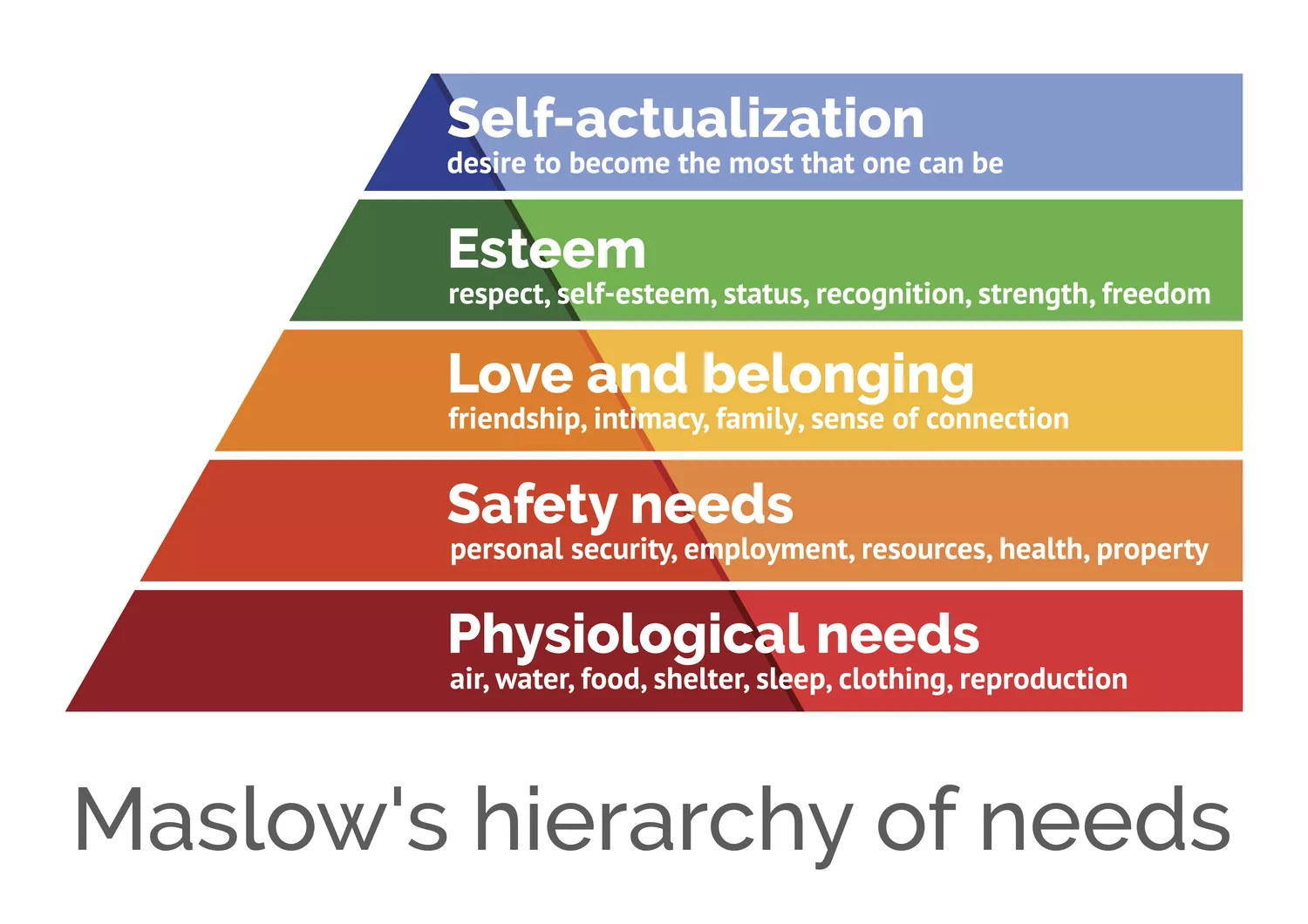Job changes are more than just switching workplaces; they profoundly impact our lives.
Job hunting can be considered a journey towards achieving our fullest potential. Previously, we discussed how self-analysis is the initial step in job hunting. This article offers advice to those contemplating a career change, guiding them through Maslow's Hierarchy of Needs Theory.
Let's explore how to build the ideal career while satisfying our inner desires, inspired by insights from marketing.
Why Change Job?
A career change provides a chance to fulfill all of Maslow's basic human needs, from physiological needs to self-actualization. Through job changes, we seek better pay, a stable work environment, a welcoming community, enhanced self-esteem, and ultimately, self-actualization.
For instance, someone might seek a job change for financial stability, while another person may desire better workplace relationships or opportunities for career advancement and skill development. These motivations reflect our inner desires and vary based on individual values.
This article aims to help you understand your needs and make informed decisions based on them. By understanding Maslow's Hierarchy of Needs, you can navigate your path toward self-actualization more clearly.
Understanding the Connection Between Job Changes and Maslow's Hierarchy of Needs
Maslow categorized human desires into five levels: physiological needs, safety needs, belonging and love needs, esteem needs, and self-actualization needs. He suggested that satisfying one level of need increases the desire to fulfill the next level. When considering a job change, analyzing these needs can be a significant part of self-analysis.

- Physiological Needs: Some consider job changes to improve their salary and benefits, addressing the most basic needs.
- Safety Needs: Others look for job stability and career security, moving from unstable environments to more secure positions.
- Belonging and Love Needs: Some are motivated by the desire for better workplace relationships and a more welcoming environment.
- Esteem Needs: Achieving recognition for one's abilities and accomplishments can also drive people to seek new job opportunities.
- Self-Actualization Needs: Finally, some aim for roles that allow them to fully utilize their potential and engage in meaningful work.
Interestingly, Maslow later introduced the concept of "self-transcendence," a stage beyond self-actualization, where individuals seek to contribute to something greater than themselves, like societal welfare or universal unity.
When to Consider a Job Change
Reflecting on your current job position with Maslow's Hierarchy of Needs in mind can help you decide if it's the right time for a change. Consider whether your job meets your physiological, safety, belonging, esteem, and self-actualization needs. If any of these needs are met, it might not be time to change jobs yet.
Evaluating these needs helps you re-assess your position in your current job:
- Physiological Needs: Does your job cover basic living conditions and health?
- Safety Needs: Is your workplace stable and secure for the long term?
- Belonging and Love Needs: Are your workplace relationships and the social environment satisfying?
- Esteem Needs: Are your skills and contributions recognized and valued?
- Self-Actualization Needs: Does your job allow you to utilize your potential fully?
After this self-analysis, if you find your current job meets these needs, reconsider the necessity of a job change. Consider what you might lose by leaving and how a change aligns with your long-term career goals. Sometimes, seeking improvements within your current situation may be the wisest choice.
Conclusion
Understanding how Maslow's Hierarchy of Needs influences your job change decision is crucial. Identifying your future needs can make your job hunting more meaningful and directed. Setting specific goals for what you want to achieve through a job change, such as stable income, career advancement, or improved job satisfaction, is vital for a successful transition.
Consider not just the salary and job duties but also the workplace culture, growth opportunities, and work-life balance of potential new jobs. Job changes should be part of a long-term career plan, considering not only current needs but also future goals towards self-actualization.
By applying Maslow's Hierarchy of Needs to your job hunt, you can make decisions that not only change your job but also deepen your understanding of your inner desires, laying the foundation for a more fulfilling professional life.

